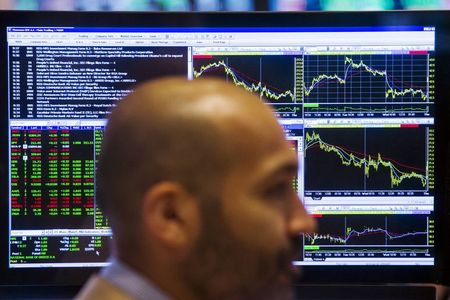Follow us on LinkedIn
The term capital represents assets that companies use to generate income. In exchange, companies also incur some costs on it. This capital may include fixed assets, such as property or land, or liquid assets, such as cash, receivables. These are crucial for both long- and short-term operational needs. Based on how companies generate capital, there are several categorizations.
What is Human Capital?
Human capital represents the capital companies generate through their workforce. These include the employees a company employs, their skills, abilities, experience, etc. While this capital is not measurable and not a part of financial statements, it is still valuable. Human capital can be a distinguishing factor between a company’s success and failure.
For most companies, human capital is highly crucial. Like any other type of capital, companies can invest in this form of capital as well. This investment usually comes in the form of human resource management policies. These may include policies related to recruitment, training, performance appraisal, promotions, etc. If utilized correctly, human capital can be a significant resource for companies.
Unlike other common forms of capital, human capital is not measurable. Therefore, companies cannot assign a value to it and recognize it in their financial statements. For most companies, human capital is an internal resource. External stakeholders cannot evaluate this capital either. Therefore, there is no way for them to gauge a company’s value based on human capital.
Despite that, human capital can provide significant rewards to companies. The more productive and experienced a company’s employees are, the better its performance will be. This performance translates to higher profits and can also increase a company’s value. Therefore, human capital has an impact on a company’s value, although not directly.
What is Financial Capital?
Financial capital is different from human capital. Financial capital is a broad term used to describe any capital that has monetary value. Therefore, it represents a company’s capital except for its human capital and other non-monetary amounts. Similarly, any capital that does not contribute to a company’s revenue-generation process does not constitute financial capital.
Financial capital includes both equity and debt finance. Therefore, a company’s total assets represent its overall financial capital. Although most companies and stakeholders prefer equity finance over debt, debt still forms a part of financial capital. Each type of capital may have further classifications. For example, debt finance may include both short- and long-term obligations.
The term financial capital implies that the capital has a monetary value. Any stakeholder can measure a company’s financial capital through its financial statements. Unlike human capital, financial capital is a part of a company’s financial statements, precisely the balance sheet. While it does not directly contribute to financial capital, human capital can also increase overall capital.
Overall, the most significant difference between human capital and financial capital is the value. For human capital, companies cannot measure the monetary value. Therefore, this capital also doesn’t constitute a part of the financial statements. Financial capital, on the other hand, is the direct opposite. Any capital with monetary value included in the financial statements is financial capital.
Conclusion
Capital is a term used to describe the resources that companies use to generate income. It may come in various forms. These include human and financial capital. Human capital is the capital that companies get from their workforce. However, it does not have a monetary value. In contrast, financial capital is the capital that companies get from financial resources.
Further questions
What's your question? Ask it in the discussion forum
Have an answer to the questions below? Post it here or in the forum




